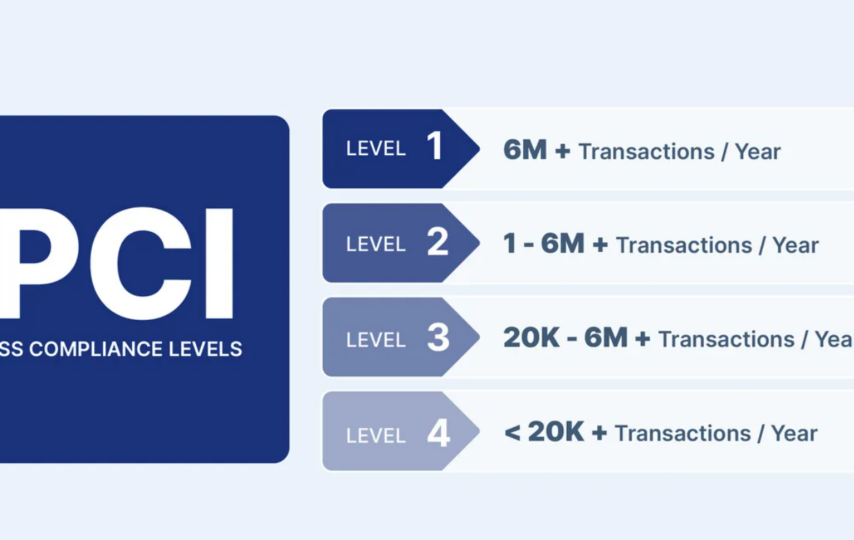In the ever-increasing realm of digital payments, making sure the safety and compliance of transactions is paramount. The Payment Card Industry Data Security Standard (PCI DSS) sets the benchmark for protecting sensitive payment data. As businesses navigate the complexities of adhering to PCI DSS, payment orchestration emerges as a comprehensive solution that not only facilitates seamless transactions but also strengthens PCI compliance. This article provides a comprehensive guide to understanding how payment orchestration plays a pivotal role in bolstering PCI DSS compliance.
How Payment Orchestration Strengthens PCI Compliance?
In the dynamic picture of digital transactions, ensuring sensitive payment facts is a remarkable priority. The Payment Card Industry Data Security Standard (PCI DSS) serves as the standard for businesses striving to shield cardholder data and preserve a secure payment environment. Amidst the evolving challenges of PCI compliance, payment orchestration emerges as a strategic ally, offering not only seamless transaction management but also a robust framework to fortify PCI DSS adherence.
Understanding Payment Orchestration
Payment orchestration refers to the strategic management and optimisation of various payment processes through a unified platform. It involves routing transactions to different payment gateways, acquirers, and methods to ensure efficiency and reliability. In the context of PCI DSS compliance, payment orchestration becomes a key enabler.
Centralized Security Measures
One of the primary ways payment orchestration strengthens PCI compliance is through the implementation of centralised security measures. By consolidating payment processes within a unified platform, businesses can enforce standardised security protocols across all transactions. This centralised approach ensures consistent adherence to PCI DSS requirements, reducing the risk of vulnerabilities associated with disparate payment systems.
Tokenization for Enhanced Security
Payment orchestration often incorporates advanced security measures such as tokenisation. Tokenisation involves replacing sensitive payment data with unique tokens, rendering the actual data useless to potential attackers. This not only protects cardholder information but also aligns with PCI DSS requirements for secure storage and transmission of sensitive data.
Dynamic Routing for Risk Mitigation
Dynamic routing, a core feature of payment orchestration, contributes significantly to PCI compliance by mitigating risks associated with specific payment gateways or acquirers. In the event of a potential security threat or service disruption, payment orchestration can intelligently route transactions through alternative, more secure channels. This adaptability ensures continuous service while aligning with PCI DSS mandates for contingency planning.
Streamlined PCI Compliance Audits
Payment orchestration simplifies the process of PCI compliance audits. With all payment data and processes centralised, businesses can provide auditors with a clear and consolidated view of their adherence to PCI DSS requirements. This streamlined approach not only facilitates audits but also enhances the overall governance of payment security.
Efficient Incident Response
In the unfortunate event of a security incident, payment orchestration equips businesses with efficient incident response capabilities. The centralised nature of payment orchestration allows for quick identification and isolation of affected components. This rapid response aligns with PCI DSS requirements for incident response and helps minimise the impact of security breaches.
Conclusion
In conclusion, payment orchestration serves as a robust strategy for businesses aiming to strengthen their PCI DSS compliance. The unified and centralised approach of payment orchestration not only enhances security but also streamlines compliance processes. By incorporating advanced security measures such as tokenisation and dynamic routing, businesses can align with PCI DSS requirements while ensuring the efficiency and reliability of their payment processes. As the landscape of digital payments continues to evolve, payment orchestration emerges as a comprehensive solution that not only meets regulatory standards but also contributes to the overall resilience and security of payment ecosystems.








